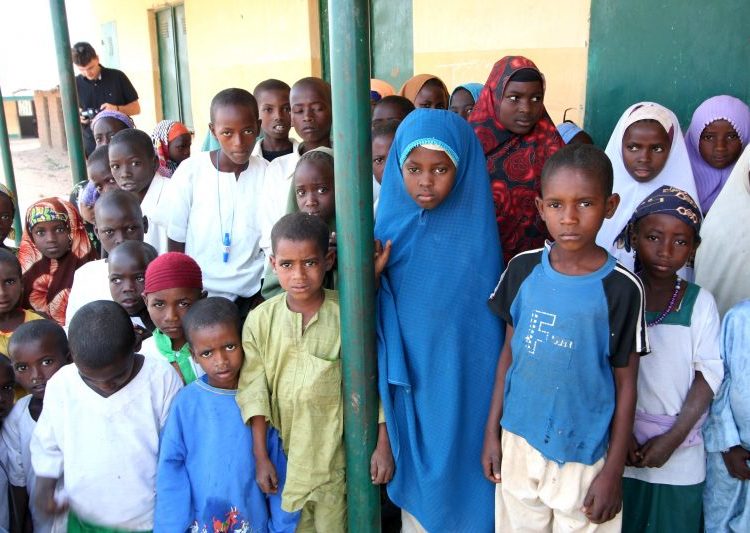The Commissioner of Human Services and Social Development, Hajiya Hafsat Mohammed Baba, has disclosed that Kaduna state has started training Local Government Facilitators who will drive the At Risk Children Programme.
Hajiya Hafsat said that the facilitators who are between the ages of 25 and 35, will manage hubs where At Risk Children will be accommodated and taught basic literacy and numeracy as well as skills.
The commissioner said that At Risk Children are those children who have high vulnerability and have a tendency to shift into violence and those who are often from extremely poor background and are most likely to be abused.
She recalled that At-Risk Children Programme was initiated by the federal government to create a favourable environment for Nigeria’s vulnerable and out-of-school children, adding that it is under the supervision of the Office of the Vice President.
Hajiya Hafsat disclosed that Kaduna state is one of the three states in the federation that flagged off the programme and held a two-day stakeholders engagement between February 1 and 2.
The commissioner said that the Facilitators will be the main engine room of the programme and that is why ‘’they are being properly trained in order to ensure the success of the programme.’’
Hajiya Hafsat further said that some of the beneficiaries of the programme are presently being trained by Peugeot Automobile Nigeria (PAN) Limited and in other vocational centres.
She called for the “contributions of Development Partners, multilateral donor agencies, the Organised Private Sector, Civil Society Organizations, and community support, for the programme to succeed and ensure sustainability.
According to her, stakeholders had earlier identified orphans without family care, children of poor widows, children infected by HIV and children involved in gangsterism as At Risk Children in Kaduna state.
“Children with unemployed parents, children and young adults who are survivors of domestic and sexual abuse like incest, children and young adults who are survivors of banditry also fall under At Risk Children,” she added.
Hajiya Hafsat also listed the Almajiri, children and young adults in IDP camps without direct family care, children and young adults involved in child labour or trafficked to cater for family like house helps, as falling under At Risk Children.
The commissioner also mentioned “destitute children, the mentally derailed, children who are victims of forced and early marriages as well as poor children with sickle cell anemia, including poor children with special needs among the 19 categories of At Risk Children.”
We’ve got the edge. Get real-time reports, breaking scoops, and exclusive angles delivered straight to your phone. Don’t settle for stale news. Join LEADERSHIP NEWS on WhatsApp for 24/7 updates →
Join Our WhatsApp Channel










